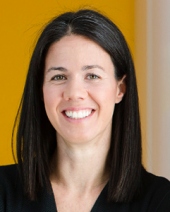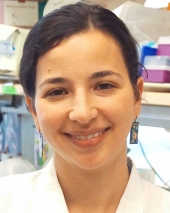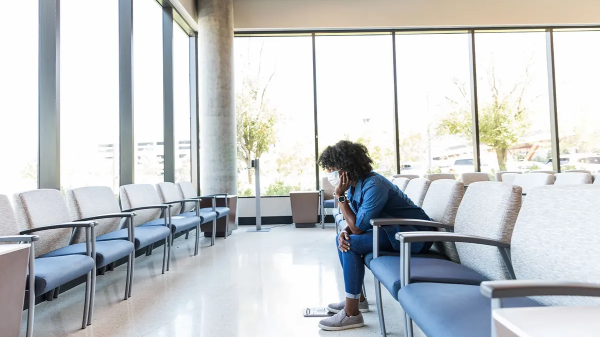The National Institutes of Health (NIH) has awarded grants to two UC San Francisco researchers to pursue innovative approaches to major contemporary challenges in biomedical research.
The highly competitive grants, which were announced Oct. 5 among 86 such awards nationwide, were made under the High-Risk, High-Reward Research program supported by the NIH Common Fund.
“I continually point to this program as an example of the creative and revolutionary research NIH supports,” said NIH Director Francis S. Collins, MD, PhD. “The quality of the investigators and the impact their research has on the biomedical field is extraordinary.”
This year, two UCSF researchers received the New Innovator Award, which supports unusually innovative research from early career investigators who are within 10 years of their final degree or clinical residency and have not yet received a research project grant (R01) or equivalent NIH grant.
Linos received the New Innovator Award for a pioneering effort to rigorously develop an online public health campaign to educate youth about the dangers of tanning beds, which are thought to cause over 460,000 new cases of skin cancer each year, but remain in common use among adolescents and young adults. The team aims to study the most effective messaging and modes of delivery via social media and other online platforms in order to reach young people and alter their behavior, culminating in a national campaign aimed at reaching over a million young Americans – one of the largest rigorous online public health efforts to date.
Linos and her team hope not only to directly reduce dangerous use of tanning beds among young people, but also to develop generalizable new approaches that can be applied to other diseases and public health efforts worldwide. Linos is an associate professor of dermatology and member of the UCSF Helen Diller Family Comprehensive Cancer Center.
Anna Molofsky, MD, PhD, studies glial cells – a broad class of non-neuronal cells in the brain whose functions range from structural support and immune modulation to active participation in electrical signaling and brain plasticity, once considered the sole domain of neurons.In particular, Molofsky is interested in understanding how support cells called astrocytes and immune cells called microglia appear to work together to prune the synaptic connections between neurons during brain development and learning.
Molofsky received the New Innovator Award for a new effort to identify genetic signatures of synapse pruning by astrocytes and microglia, which would not only enable her team to better understand the role these glial cells play in brain plasticity, but also to observe such rewiring of neural circuits as it happens throughout the brain. Molofsky is an assistant professor of psychiatry at UCSF and a member of the UCSF Weill Institute for Neurosciences.
This year, the NIH’s High-Risk High-Reward grant program issued 55 New Innovator awards, as well as 12 Pioneer awards, eight Transformative Research awards and 11 Early Independence awards. The total funding, which represents contributions from the NIH Common Fund and multiple NIH institutes, centers, and offices, is approximately $263 million.
This article was written by Nicholas Weiler and originally published by UCSF.






